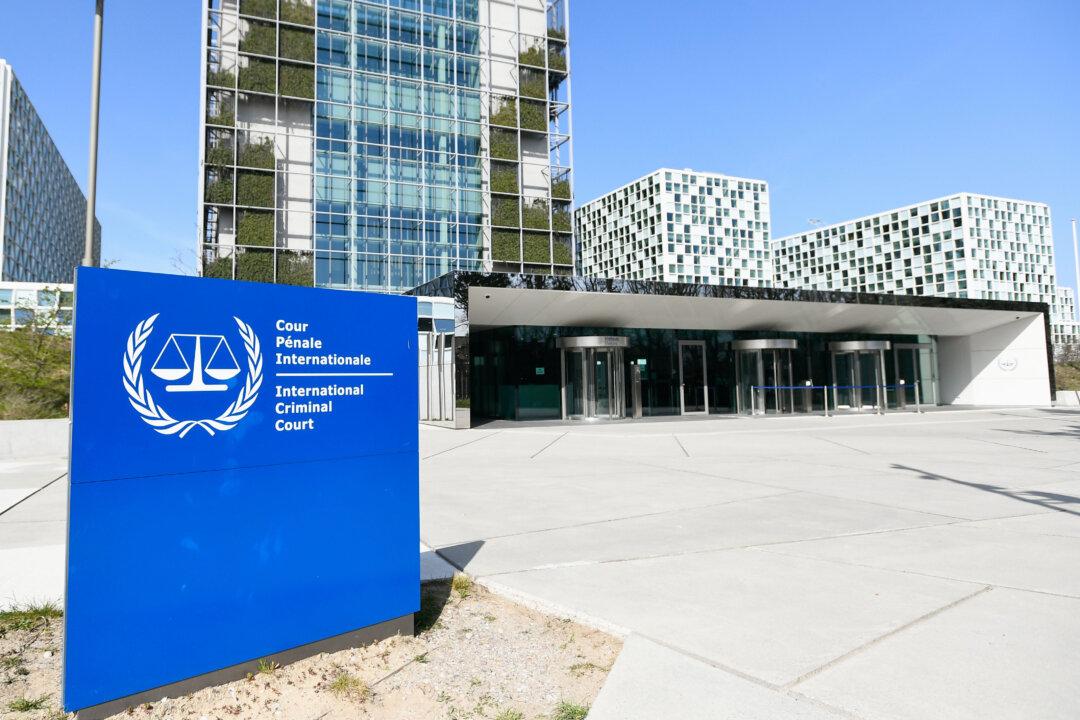The European Union Agency for Criminal Justice Cooperation (Eurojust) on July 3 announced the opening of the International Center for the Prosecution of Crimes of Aggression (ICPA).
According to organizers, the ICPA is meant to serve as a “central database for evidence collected against Russia and other perpetrators of aggression.”





